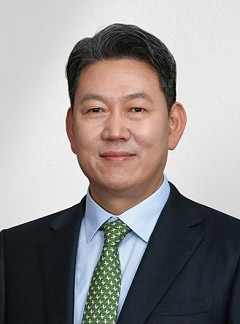
Seo Kang-hyun, CEO of Hyundai Steel
This year, Hyundai Steel is exploring the construction of an electric arc furnace (EAF) steel mill in the U.S., a project considered the largest since the company’s founding. CEO Seo must lay the groundwork for this massive initiative within his remaining tenure of just over a year.
Attention is focused on the outcome of the bold strategy unveiled by Seo Kang-hyun, a financial expert from Hyundai Motor, as he seeks to turn around the struggling market conditions caused by the influx of low-cost Chinese steel.
On January 22, Hyundai Steel announced its 2024 earnings, reporting sales of KRW 23.2261 trillion and an operating profit of KRW 314.4 billion, with an operating profit margin of just 0.9%. Compared to the previous year, sales fell by 10.4%, while operating profit plummeted by 60.6%. This marks a dramatic decline, as the company’s operating profit in 2022 was KRW 1.6165 trillion—now reduced to one-fifth of that in just two years.
A company representative remarked, “We thought 2023 was the worst year for the industry, but last year turned out to be even worse.” Despite an increase in sales volume, profitability shrank due to fierce price competition with cheap Chinese steel. The downturn in the domestic construction market further aggravated the situation, leading to a nearly 20% drop in sales of long steel products.
Despite these difficulties, Hyundai Steel maintained a relatively stable financial structure and continued focusing on strategic investments. By the end of last year, the company’s net debt stood at KRW 6.3999 trillion—a slight increase from the previous year but significantly lower than the KRW 7-9 trillion range seen between 2020 and 2022.
Even while prioritizing financial stability, Hyundai Steel did not shy away from essential investments. The company successfully completed global investments in steel service centers in India and the U.S. to secure its supply of automotive steel sheets. Hyundai Steel’s strategic investments last year amounted to KRW 525.1 billion—nearly three times the company’s annual average strategic investment over the past four years.
In December 2023, Hyundai Motor Group appointed Seo Kang-hyun as the CEO of Hyundai Steel, a decision largely influenced by financial track record.
Seo, a key financial expert within Hyundai Motor Group, quickly rose through the ranks under Chairman Chung Eui-sun’s leadership. His career spans various high-level financial roles, including Head of Management, Head of Accounting, Head of Overseas Operations, and CFO at Hyundai Motor.
He is also well-acquainted with Hyundai Steel, having served as its CFO before moving to Hyundai Motor. During his time at Hyundai Steel, he was recognized for successfully leading corporate restructuring efforts to improve the company’s fundamentals.
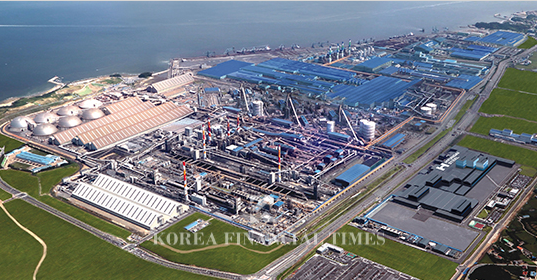
Hyundai Steel Dangjin Steel Plant
As CEO Seo enters the final year of his term, the burden on his shoulders is greater than ever. Earlier in January, reports emerged that Hyundai Steel was considering building a steel mill in the U.S. This move aligns with concerns that a potential second Trump administration might reinforce trade protectionist policies, prompting Hyundai Steel to establish an EAF steel mill in the U.S. to secure its position in the market.
Given that the company’s current crisis stems from an influx of low-cost Chinese steel, entering the U.S. market is viewed as a potential breakthrough. This strategy also aligns perfectly with Hyundai Steel’s vision to expand its share of automotive steel production.
The major hurdle in this plan is financing. The estimated cost of building a new steel mill in the U.S. is around KRW 10 trillion. However, Hyundai Steel currently generates little profit from operations, and its cash reserves stood at only KRW 1.87 trillion as of last year. It is practically impossible for Hyundai Steel to finance this project alone.
This has led to speculation that Hyundai Motor Group might step in to support the investment. Completing vertical integration in the U.S. would be beneficial not only for Hyundai Steel but also for Hyundai Motor and Kia. Given CEO Seo’s background at Hyundai Motor, his role in negotiating investment timing and cost-sharing within the group has become even more critical.
An industry insider commented, “Depending on how the investment burden is distributed, Hyundai Steel’s valuation could be significantly reassessed.”
Gwak Horyung (horr@fntimes.com)





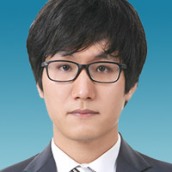











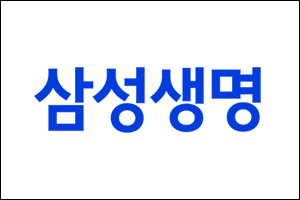












![[DCM] GS리테일, ‘M&A 잔혹사’가 보여준 현주소](https://cfnimage.commutil.kr/phpwas/restmb_setimgmake.php?pp=006&w=69&h=45&m=5&simg=2025042411591609119a837df64942115218260.jpg&nmt=18)
![[DQN] SBI저축은행 순익 1위 굳건 속 순위 지각변동…한투 2위 · 애큐온 5위 약진 [2024 리그테이블]](https://cfnimage.commutil.kr/phpwas/restmb_setimgmake.php?pp=006&w=69&h=45&m=5&simg=20250422162559071686a663fbf34175192139202.jpg&nmt=18)
![[ECM] 롯데글로벌로지스, EBITDA 기준 밸류 산정…경계해야 하는 이유](https://cfnimage.commutil.kr/phpwas/restmb_setimgmake.php?pp=006&w=69&h=45&m=5&simg=2025042416293503631a837df6494211219106120.jpg&nmt=18)










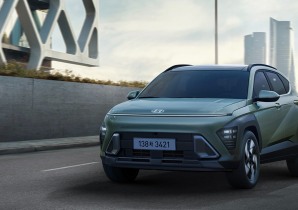





![[카드뉴스] KT&G ‘Global Jr. Committee’, 조직문화 혁신 방안 제언](https://cfnimage.commutil.kr/phpwas/restmb_setimgmake.php?pp=006&w=298&h=298&m=1&simg=202503261121571288de68fcbb3512411124362_0.png&nmt=18)
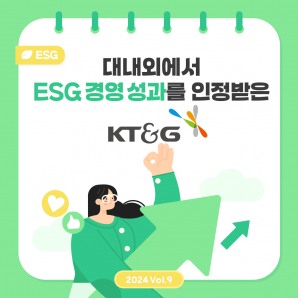

![[카드뉴스] 국립생태원과 함께 환경보호 활동 강화하는 KT&G](https://cfnimage.commutil.kr/phpwas/restmb_setimgmake.php?pp=006&w=298&h=298&m=1&simg=202403221529138957c1c16452b0175114235199_0.png&nmt=18)
![[카드뉴스] 신생아 특례 대출 조건, 한도, 금리, 신청방법 등 총정리...연 1%대, 최대 5억](https://cfnimage.commutil.kr/phpwas/restmb_setimgmake.php?pp=006&w=298&h=298&m=1&simg=20240131105228940de68fcbb35175114235199_0.jpg&nmt=18)
![[신간] 리빌딩 코리아 - 피크 코리아 극복을 위한 생산성 주도 성장 전략](https://cfnimage.commutil.kr/phpwas/restmb_setimgmake.php?pp=006&w=81&h=123&m=5&simg=2025032814555807705f8caa4a5ce12411124362.jpg&nmt=18)
![[신간] 지속 가능 경영, 보고와 검증](https://cfnimage.commutil.kr/phpwas/restmb_setimgmake.php?pp=006&w=81&h=123&m=5&simg=2025011710043006774f8caa4a5ce12411124362.jpg&nmt=18)
![[서평] 추세 매매의 대가들...추세추종 투자전략의 대가 14인 인터뷰](https://cfnimage.commutil.kr/phpwas/restmb_setimgmake.php?pp=006&w=81&h=123&m=5&simg=2023102410444004986c1c16452b0175114235199.jpg&nmt=18)

![[신간] 똑똑한 금융생활...건전한 투자와 건강한 재무설계 지침서](https://cfnimage.commutil.kr/phpwas/restmb_setimgmake.php?pp=006&w=81&h=123&m=5&simg=2025031015443705043c1c16452b012411124362.jpg&nmt=18)

![[카드뉴스] KT&G ‘Global Jr. Committee’, 조직문화 혁신 방안 제언](https://cfnimage.commutil.kr/phpwas/restmb_setimgmake.php?pp=006&w=89&h=45&m=1&simg=202503261121571288de68fcbb3512411124362_0.png&nmt=18)
![[AD] 기아, 혁신적 콤팩트 SUV ‘시로스’ 세계 최초 공개](https://cfnimage.commutil.kr/phpwas/restmb_setimgmake.php?pp=006&w=89&h=45&m=1&simg=2024123113461807771f9c516e42f12411124362.jpg&nmt=18)
![[AD] 아이오닉5 '최고 고도차 주행 전기차' 기네스북 올랐다...압도적 전기차 입증](https://cfnimage.commutil.kr/phpwas/restmb_setimgmake.php?pp=006&w=89&h=45&m=1&simg=2024123113204707739f9c516e42f12411124362.jpg&nmt=18)




